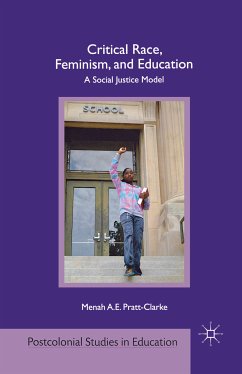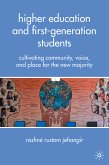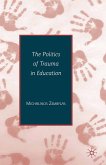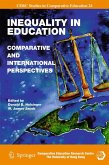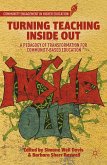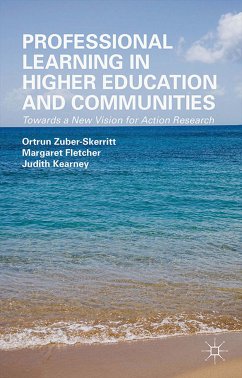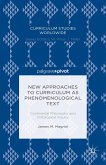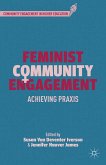Dieser Download kann aus rechtlichen Gründen nur mit Rechnungsadresse in A, B, BG, CY, CZ, D, DK, EW, E, FIN, F, GR, HR, H, IRL, I, LT, L, LR, M, NL, PL, P, R, S, SLO, SK ausgeliefert werden.
"We are experiencing a unique moment. For the first time in America's history, African American women and girls live in the White House as the first family. It is clear, though, that their place is no watershed for the majority of the sisters, aunts, mothers, and grandmothers who live the everyday lives and circumstances of African Americans in the nation. Pratt-Clarke reminds us and demands from us a careful scrutiny of the meaning of racial-gender justice for black girls and women. Justice and equal access, as she reveals, is a right that has yet to be provided to most black girls in America. In fact, the barriers to these full freedoms are defined by attitudes and practices from both within and external to African American communities. Her work takes us a long way in the struggle to better understand how culture, educational policy, law, and practice work to maintain varied and entangled oppressions. It takes us still further in thinking through how to holistically create a world of greater equity for black girls and women." - Jennifer F. Hamer, Department of African American Studies, University of Illinois at Urbana-Champaign, USA; Editor of Black Women, Gender and Families
"It is now common knowledge that the educational system has failed black boys. Pratt-Clarke's important volume demarginalizes the plight of black girls, who are severely threatened as well. The future, if not the very existence, of a vibrant African-American community inthe twenty-first century, will depend on strong well-educated citizens, where neither black men NOR black women have been left behind. This book, based upon a social justice approach, is a must-read for policymakers who need to be supportive and do the right thing for both genders." - Adrien K. Wing, Bessie Dutton Murray Professor of Law, University of Iowa, USA , Editor of The Law Unbound!: A Richard Delgado Reader; Critical Race Feminism: A Reader; and Global Critical Race Feminism: An International Reader
"Menah A.E. Pratt-Clarke says that one of her reasons for writing is her awareness that the stories of black girls' lives are still waiting to be told. With her insightful new book, Critical Race, Feminism, and Education: A Social Justice Model, Pratt-Clarke shows herself to be ameticulous scholar, a tireless advocate, and a passionate storyteller who has opened a great big window on a world that has been invisible to those who do not personally inhabit it for far too long." - Pearl Cleage, author of Mad at Miles: A Blackwoman's Guide to Truth and What Looks Like Crazy On An Ordinary Day

